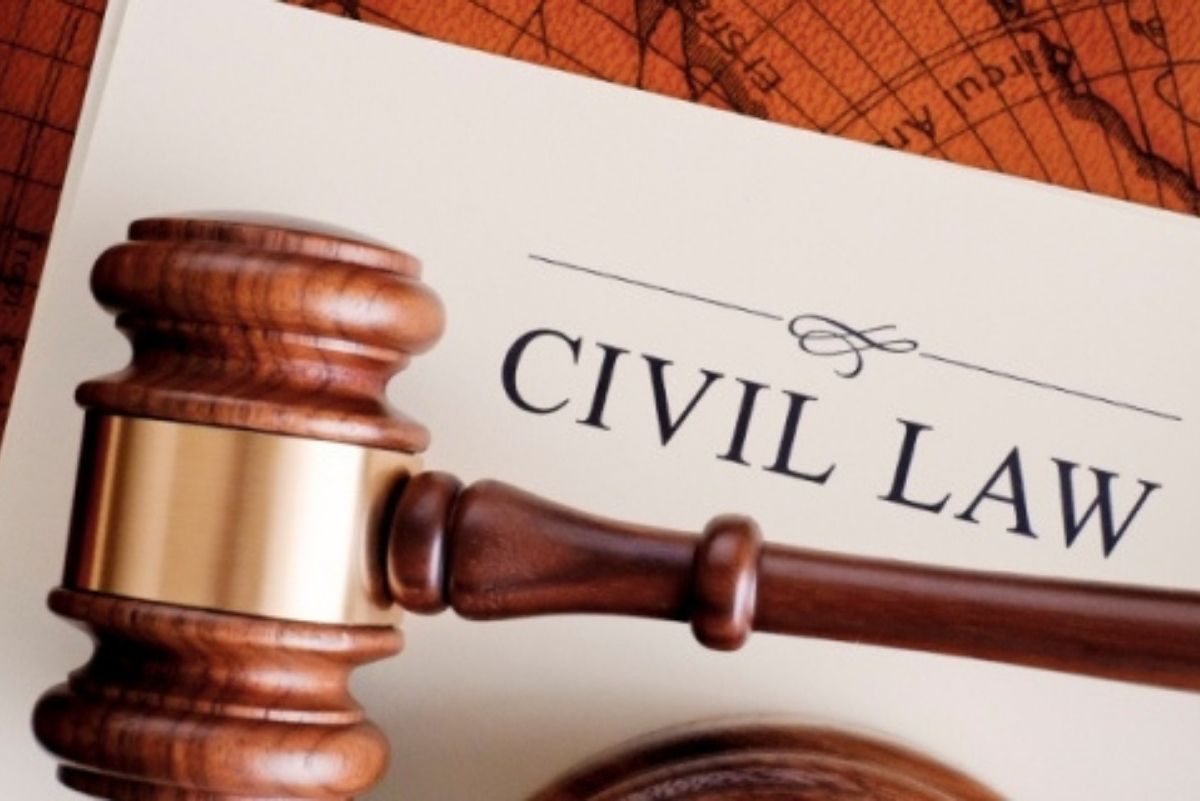Navigating the labyrinth of legal services can feel like deciphering an arcane code—especially when the stakes are high. Whether it’s securing legal help for mental health diversion cases in San Bernardino or drafting airtight corporate contracts, the breadth of legal assistance available is staggering. Yet, most people remain unaware of the nuanced specializations that could make or break their case. From criminal defense to intellectual property, the legal field is a mosaic of expertise, each piece serving a distinct purpose.
The Expansive Spectrum of Legal Assistance
Legal services are not monolithic. They fracture into myriad branches, each addressing specific facets of law and human conflict. Criminal defense attorneys, for instance, wield their expertise in courtrooms, defending clients against charges ranging from misdemeanors to felonies. On the flip side, civil litigators navigate disputes between individuals or organizations—breach of contract, personal injury, or property disputes. The distinction is critical: one deals with the state’s accusations, the other with private grievances.
Family law is another realm where emotions and legality collide. Divorce, child custody battles, and spousal support cases demand not just legal acumen but emotional intelligence. Attorneys here often double as mediators, softening the blow of fractured relationships while ensuring fair legal outcomes. Meanwhile, estate planning lawyers operate in the shadow of mortality, drafting wills, trusts, and power of attorney documents to safeguard clients’ legacies.
Corporate Law: The Engine of Commerce
In the corporate arena, legal services morph into strategic tools. Business formation attorneys help entrepreneurs select the right entity—LLC, corporation, or partnership—each choice rippling through tax obligations and liability protections. Contract lawyers scrutinize every clause, ensuring agreements are ironclad. Then there are compliance specialists, the unsung heroes who keep corporations from stumbling into regulatory quagmires.
Intellectual property (IP) law is where creativity and commerce intersect. Patent attorneys protect inventions, while copyright lawyers shield artistic works. Trademark experts brandish their knowledge to defend logos and slogans—a single misstep here can dilute a brand’s identity irrevocably. For tech startups, securing IP isn’t optional; it’s existential.
The Human Element in Legal Advocacy
Not all legal battles are fought in boardrooms or courtrooms. Immigration attorneys guide clients through the Kafkaesque maze of visas, green cards, and citizenship applications. Their work is a blend of bureaucracy and advocacy, often determining whether families stay united or are torn apart by borders.
Then there’s the burgeoning field of mental health law—a niche yet vital service. Attorneys specializing in legal help for mental health diversion cases in San Bernardino work at the crossroads of criminal justice and healthcare. They advocate for clients whose mental health conditions necessitate treatment over incarceration, challenging a system often ill-equipped for nuance. Their role is transformative, steering individuals away from punitive cycles and toward rehabilitation.
Public Interest and Legal Aid
For those drowning in financial hardship, legal aid services are a lifeline. Housing attorneys fight evictions, while consumer rights lawyers tackle predatory lending. Public defenders, often overburdened and underfunded, stand as the last bulwark against wrongful convictions. These services underscore a fundamental truth: justice shouldn’t be a privilege reserved for the affluent.
Environmental law, though less visible, shapes the world in profound ways. Lawyers in this field battle corporations flouting regulations, advocate for conservation, and hold polluters accountable. Their victories ripple across generations, preserving ecosystems and public health.
The Digital Frontier of Legal Services
Technology has birthed new legal frontiers. Cybersecurity attorneys grapple with data breaches and digital privacy laws, while cryptocurrency lawyers navigate the Wild West of decentralized finance. Even traditional practices have digitized—virtual consultations, e-filings, and AI-assisted legal research are now commonplace. The future of law isn’t just in courtrooms; it’s in code and algorithms.
The legal landscape is vast, intricate, and ever-evolving. Whether one needs a pitbull litigator or a meticulous contract drafter, understanding these specializations is the first step toward securing the right advocate. The law, after all, is not just about rules—it’s about people, their conflicts, and the nuanced expertise that resolves them.



